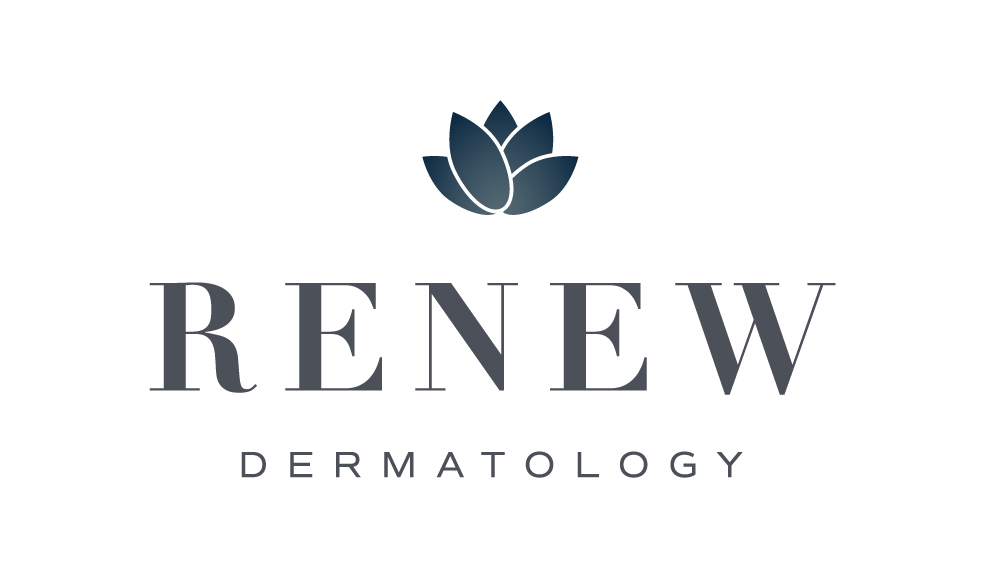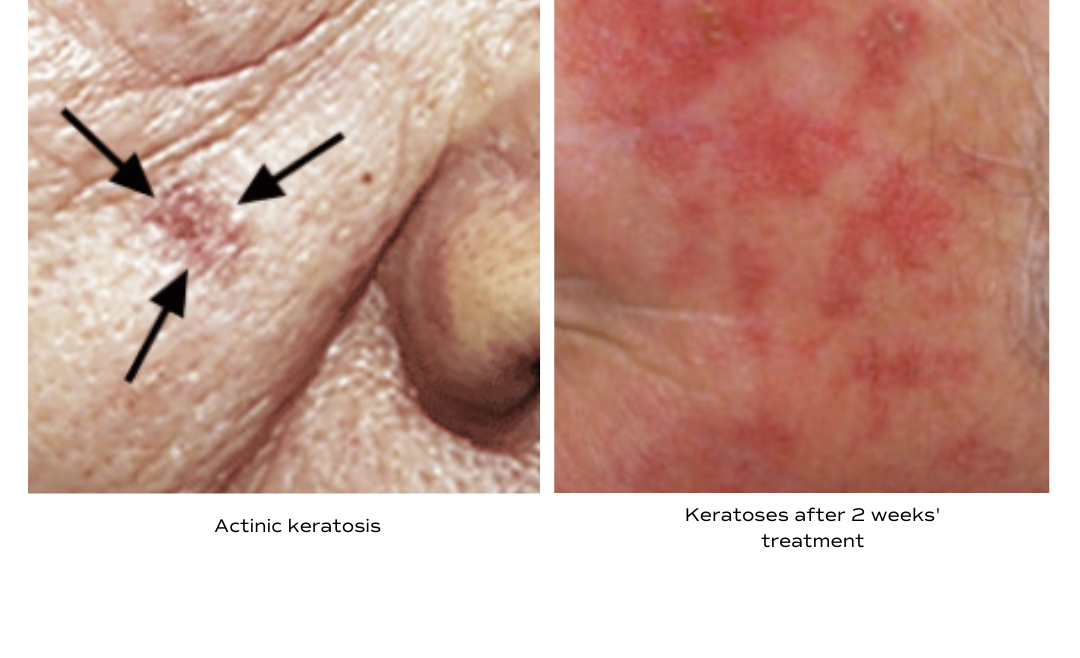Do you have any persistently scaly spots on your face or other sun exposed areas despite the use of regular moisturizer? Do you have a history of extensive sun exposure, blistering sun burns, or history of tanning bed use? If so, you may be dealing with a type of lesion called an actinic keratosis, also known as a precancerous lesion. If these precancer lesions remain untreated, they can make a transformation into a skin cancer, usually a squamous cell carcinoma. As a result of this potential risk, it is our suggestion that these lesions are treated.
There are several ways to treat actinic keratoses. The most popular way that we treat these common lesions is with cryotherapy, also known as “freezing.” This is a quick procedure done in the office that leads to blistering of the area and usually takes about a week or two to fully heal. Another way that these lesions can be treated is with photodynamic therapy, also known as PDT. This is also a procedure done at our office. It is a full face treatment requiring the patient to remain out of the sun for 48 hours following the procedure. The final way to treat the lesions is with a topical prescription cream that can be done in the privacy of your own home. There are several different options in this category, all of which have very specific directions based on the prescription that your provider chooses. Treatment regimens can range from several days to several months.
The value in doing these topical treatments are numerous. You can do them at home, making this time of “social distancing” a perfect opportunity to move forward with this therapy. I like to think of these prescriptions as “smart creams”. They typically leave alone the normal tissue but react with the atypical cells. The reaction on your face or affected area can range from minimal pinkness to a robust response that can lead to redness, crusting, and peeling. Another advantage that topical therapy allows is the ability to treat a larger surface area as opposed to the liquid nitrogen which is more of a spot treatment.
If you have a history of AK’s and have always struggled to find an ideal chance to treat, this may be your time. For the average person, finding the time away from work and social engagements can be a challenge. This unprecedented time in our history when we are ordered to stay in our homes may also give us the perfect opportunity to take care of our skin.
If you suspect that you may be dealing with an actinic keratosis or would like to be evaluated for the opportunity to do this at home treatment, please contact our office by calling 205-580-1500.
Photo credit picture 1 – American Academy of Dermatology
Photo credit picture 2 – DermNet New Zealand


